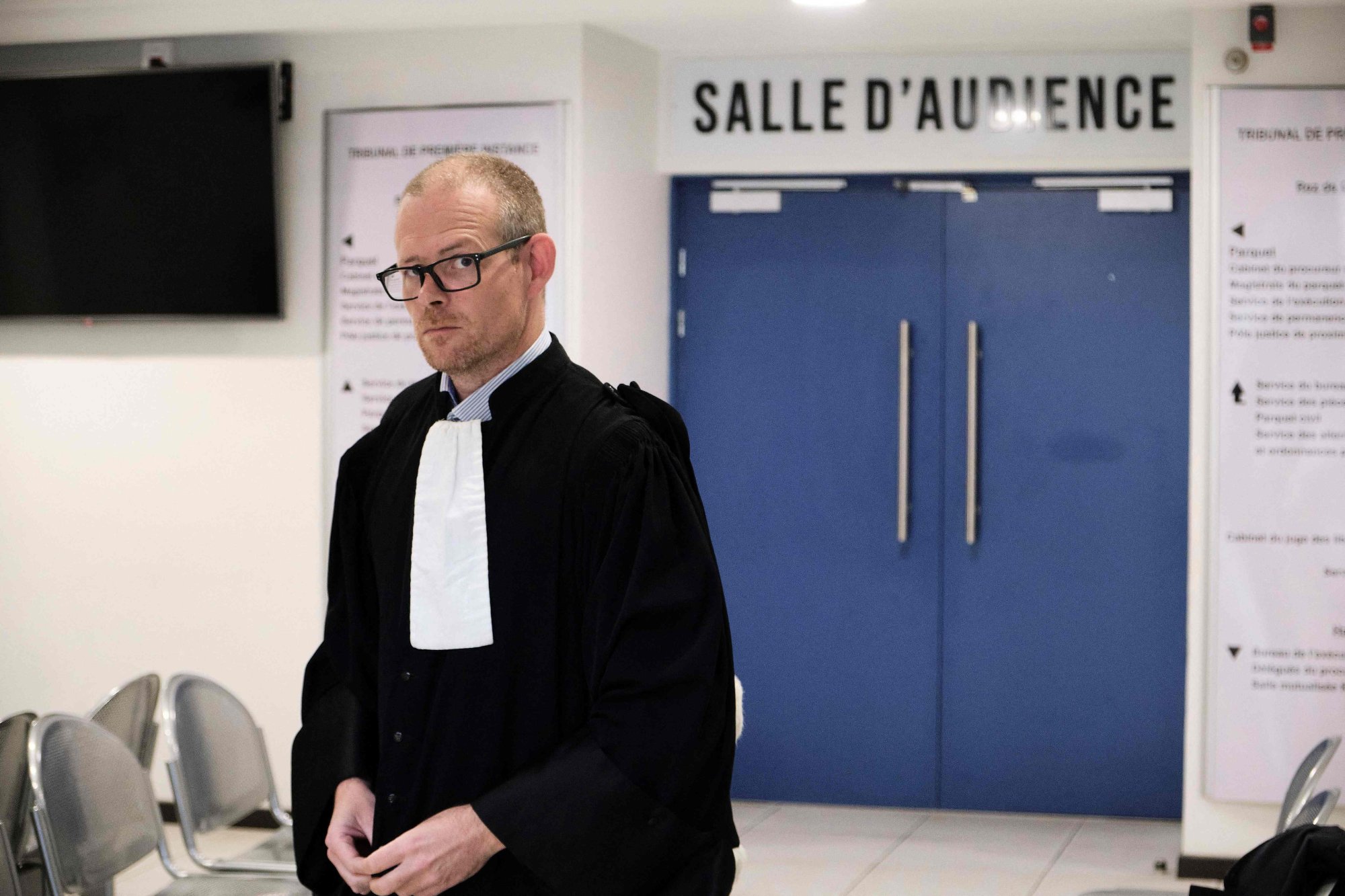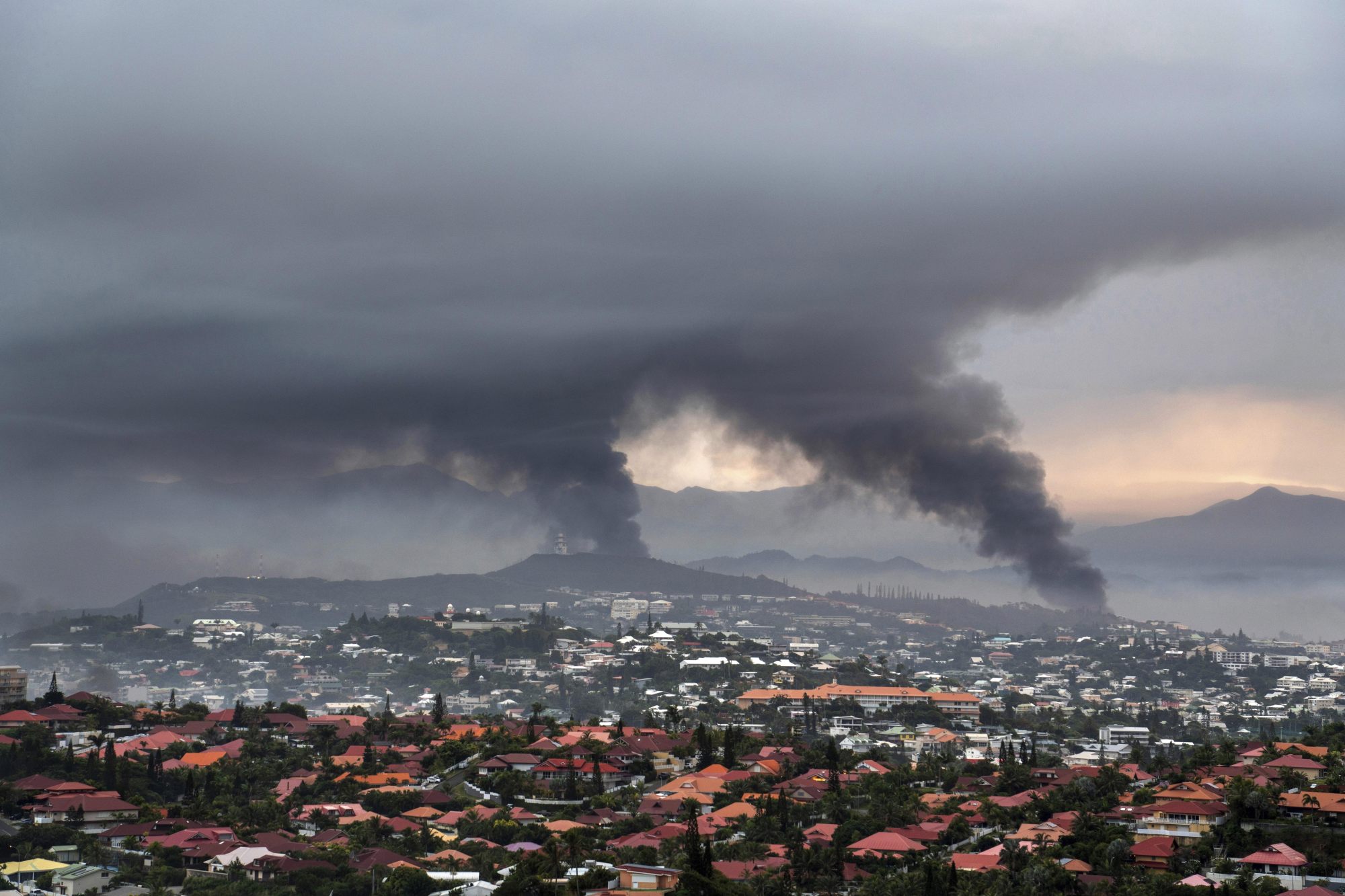A pro-independence leader in the French Pacific territory New Caledonia would be held in France after being charged on Saturday over deadly riots last month, his lawyer said.
Christian Tein, head of the CCAT group, will be sent almost 17,000km (10,500 miles) to France with the group’s communications chief Brenda Wanabo.
An investigating magistrate charged Tein in New Caledonia’s capital Noumea on Saturday. He was the first from a group of 11 people arrested on Wednesday to be charged over the violence, in which nine people died, including two police.
Hundreds more were wounded, and around €1.5 billion (US$1.6 billion) of damage was inflicted during the troubles.

Authorities did not immediately say what charges Tein faced, although Noumea chief prosecutor Yves Dupas said his investigation covered armed robbery and complicity in murder or attempted murder.
Tein’s lawyer Pierre Ortent said he was “stupefied” that his client would be sent to a prison in Mulhouse in eastern France. Wanabo’s representative Thomas Gruet said she would be sent to Dijon.
Dupas confirmed that some of those arrested on Wednesday would be transferred to custody in France, without giving names.
“No one had any idea in advance that they would be sent to mainland France. These are totally exceptional steps” for New Caledonia, Ortent said.
Gruet said Wanabo, a mother of three children, “had never called for violence” and was “distraught” to be separated from her family.
“The legal system has committed every error in managing this crisis,” he added, saying magistrates were “answering to purely political considerations”.

Stephane Bonomo, lawyer for another detainee, Gilles Joredie, said the prosecutor’s actions were creating “martyrs for the independence cause”.
Riots, street barricades and looting broke out in New Caledonia in mid-May over an electoral reform that indigenous Kanak people said would leave them in a permanent minority, putting independence hopes definitively out of reach.
France’s government repeatedly accused Tein’s CCAT of orchestrating the violence, to which it responded by sending more than 3,000 troops and police to the territory. The CCAT has denied being behind the riots.

